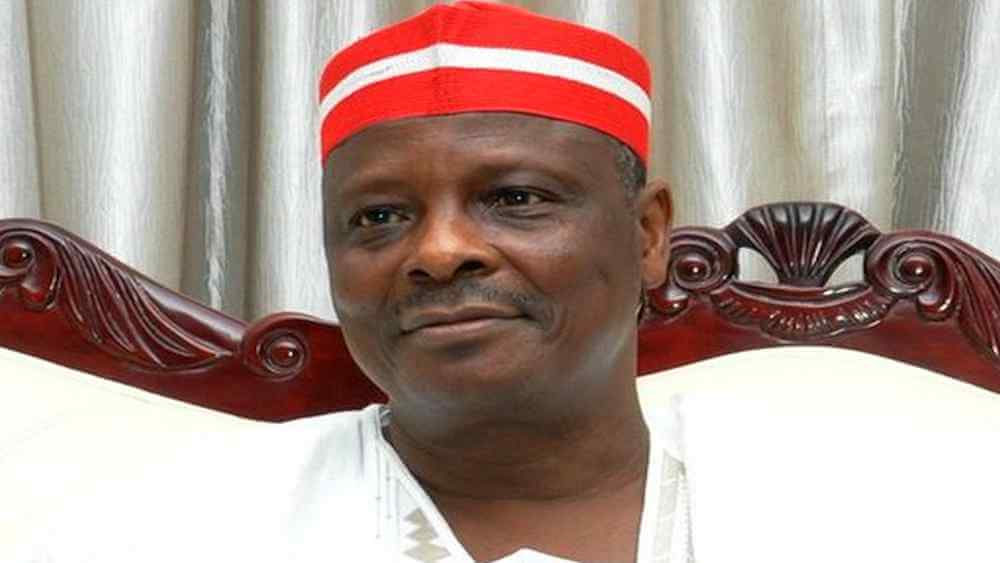I’m not desperate to become president – Kwankwaso
Former governor of Kano State, Senator Rabi’u Musa Kwankwaso has said that he not desperate to become president in 2023….

Senator Rabiu Musa Kwankwaso
Former governor of Kano State, Senator Rabi’u Musa Kwankwaso, has said that he is not desperate to become president in 2023.
Kwankwaso disclosed in an interview on Channels TV’s Politics Today on Monday.
- Jonathan not member of our party — Ex-APC Vice Chairman
- Actor, Kalu Ikeagwu, drags wife to court for ‘deserting matrimonial home’
He said that he and like minds are in the New Nigeria Peoples Party (NNPP) to change the status quo and save Nigeria from total collapse.
Kwankwaso said, “We’re sick and tired of the old system as it’s today. That is why we’re in the NNPP to bring change. The way and manner things are happening in this country is bad. Everybody is concerned about security, the economy is not the best. All other areas of education and culture; everything is in total shambles.
“That is why myself and other like minds joined this party. There is the need to bring everybody together from North and South. We have so much division in the country, the issue of religion and ethnicity and that is our responsibility to come and mobilize people to come to this party to ensure that all the people of this country are brought together and are given equal opportunity.
“What Nigerians are staying is that in 2023, they want to see a capable president; somebody who has integrity, somebody who can do the job.
“We have passed the level of all this sentiment. Politicians, in my opinion, many of them are lazy. I’m not contesting from the North West because I’m from there; I’m contesting because I’m a Nigerian. I have worked so hard for this country; I have paid my dues as a civil servant for 17 years.
“What Nigerian are saying is that they need the best. At any given time I can assure you that me I’m not somebody who is desperate in becoming president.”
